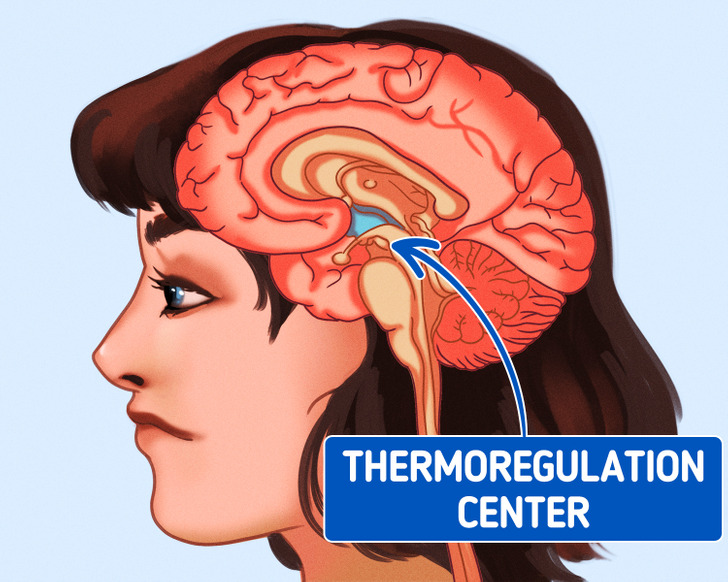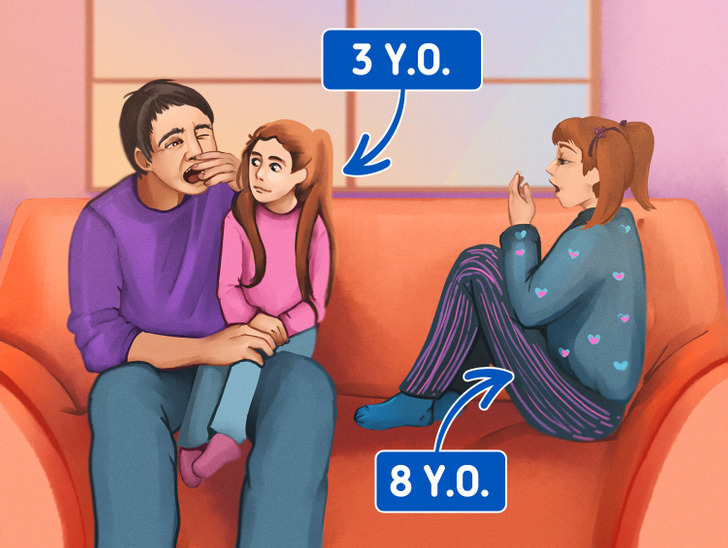Why We Yawn and Why It Is “Contagious”

All people yawn. Undoubtedly, yawning performs some important functions in our body, but which ones — still remains a question that has been puzzling scientists for several centuries.
With 5-Minute Crafts you’ll learn about the explanations for this phenomenon as well as why it’s so contagious that you’ll likely yawn while reading this article.
What yawning is all about

Yawning is an ancient reflex when our mouth involuntarily opens and we make a deep inhale. Sometimes it goes together with stretching arms and legs. It’s not only humans but many animals that yawn: mammals, birds, reptiles, and even fish. On average, a person yawns 5-10 times a day. People begin to yawn even before they are born, around the 11th week of their mother’s pregnancy.
Why we yawn
It is believed that yawning is caused by boredom and drowsiness. In the 4th century BCE, Hippocrates described yawning as “a method to remove ’bad’ air,” and improve oxygen flow to the brain." And despite the fact that that was a long time ago, there is still no unified opinion about this phenomenon.
There are many hypotheses that explain why we yawn.
- Drowsiness and tiredness. Yawning often appears when a person is sleepy. There is an opinion that yawning serves as a stimulus and prevents us from falling asleep.
- Boredom. You are more likely to yawn if you are in a dull and boring environment.
- Contagious yawning most often appears when you witness other people yawn.
- There is a theory about cooling the brain, according to which yawning helps the body with thermoregulation.
Let’s look at the last theory more closely.
The theory of cooling the brain

The idea about cooling or ventilating the brain came from the observation that people yawn much less often if their heads are cooled with cold packs. Thermoregulation is controlled by an area of the brain called the hypothalamus. When you yawn, your jaw tightens, which increases blood circulation in your head. Deep inhalation causes blood and cerebrospinal fluid to drain from the brain, and the air we breathe in through our mouth cools these fluids down.
Why yawning is “contagious”

Scientists think that the contagiousness of yawning lies in social empathy. We often smile when others smile and frown when they frown—the same goes for yawning. You can yawn if:
- you see another person yawn
- are looking at an image where someone yawns
- hear a yawn
- read about yawning
As odd as it might sound, children under 5 don’t experience contagious yawning. This is due to a lack of socialization skills at an early age. Studies show that people with high levels of empathy are more prone to contagious yawns than others. In addition, the closer, genetically or emotionally, a person is to you, the more likely it is that you will “catch” their yawning.
How many times have you yawned while reading this article?